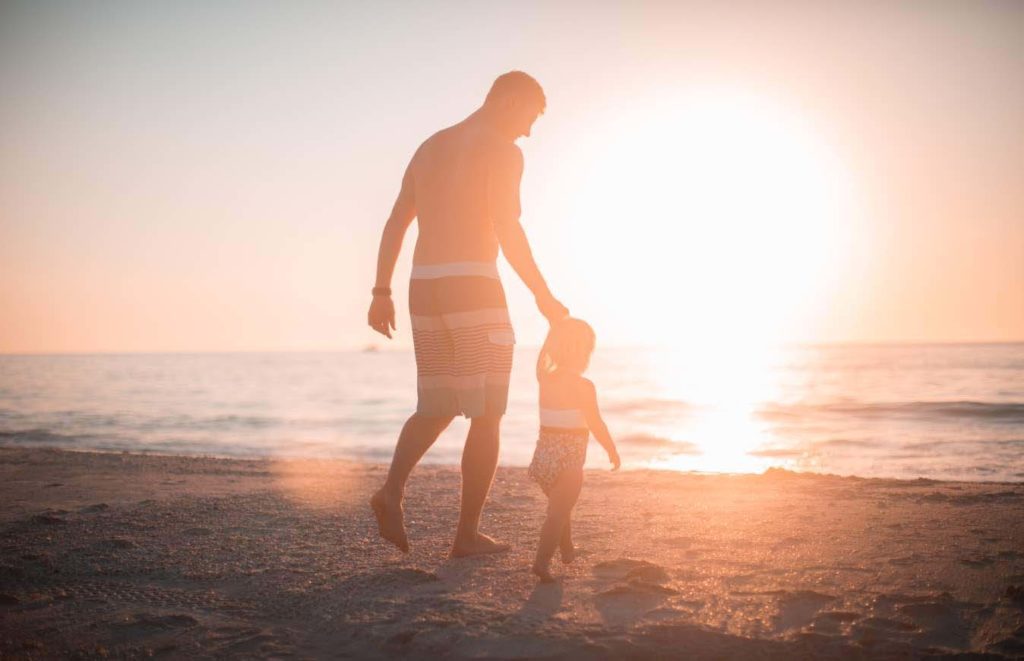Generations Of Addiction: Breaking The Cycle Starts With You

Just like cancer and diabetes, addiction is a disease that tends to run in families due to genetic and environmental factors. Having generations of addiction run in the family produces other dysfunction (e.g. abuse, neglect, abandonment, toxic relationships, etc.). Fortunately, genes are not destiny, and learned behaviors can be unlearned. Whether or not their family members have gotten into addiction recovery, people have the power to break the cycle of addiction in their families to create a better life for themselves and future generations. Acknowledging the fact that addiction and most likely other forms of dysfunction have been trickled down from generation to generation in the first step to breaking the cycle of addiction in a family.
How Someone Can Break the Cycle of Addiction in Their Family
Be Mindful of Their Own Behaviors
Both substance and behavioral addictions have a biological basis; therefore, adult children of addiction in their family must be mindful of their own behaviors. For example, just because adult children of addiction may have alcoholism or drug addiction in their family does not mean that they must avoid alcohol or other addictive substances (e.g. marijuana or prescription painkillers) altogether; they simply have to be more mindful of your use of them and his or her relationship with them. Even if they do not have a concrete addiction (e.g. alcohol, drugs, gambling, sex, shoplifting, food, etc.), there are other addictive tendencies that they have to be mindful of which may be genetic, learned, or a result of growing up in a family where addiction was prevalent. Examples of these are control, rage, perfectionism, fantasy, rigid thinking, jealousy, worry, work, etc. All of these tendencies can make your life unmanageable and have a negative effect on their children. Even if they have already developed an addiction, as long as they are still alive, it is never too late to seek addiction treatment.
Get Involved in a Support Group
Just like those who actually struggle with addiction often attend meetings as a part of their addiction recovery, the family members can also attend meetings a well. Support groups are an excellent place for adult children of addiction because it shows them that there are others out there who have had similar experiences, helps them find solutions to problems that are the result of growing up in a family who had addiction, and brings awareness to behaviors that may stem from growing up in that type of family system. There are support groups (e.g. Adult Children of Alcoholics, Al-Anon, Nar-Anon, and Codependents’ Anonymous) that are specifically geared towards loved ones of addicts, even if they no longer live with those who are struggling with the addiction.
Seek the Help of a Therapist
While support groups are a form of group therapy, individual therapy is helpful in identifying specific family of origin issues and doing inner child work. Not all therapists are knowledgeable about adult children of addiction issues; therefore, it is important to find a therapist who has experience working with adult children of addiction. If you go to a therapist and do not feel comfortable, keep trying different ones until you find the right match.
Be Mindful of Their Own Romantic Partners
If adult children of addiction do not develop a concrete form of addiction themselves, they often end up getting into relationships and even marrying a romantic partner who has an addiction or a predisposition to a future addiction. Signs of a partner that has a predisposition to a future addiction is someone who is abusive in the relationship, cheats, lies, manipulates, and generally does not treat their partner well. This is due to the fact that humans are drawn to what is familiar and/or they may feel the need to fix the romantic partner that has a problem. If they have a partner who has an addiction problem or exhibits the behaviors of someone who could develop an addiction in the future, they should break it off as soon as possible in order to avoid starting a family where addiction and the related issues are present, which would perpetuate the cycle.
Talk to Their Children about Addiction
The “Just say no” approach has been proven wrong many times. Children and teens need to be fully educated about addiction, the effects of it, the addiction treatment that is available if they develop an addiction problem, and their family history. Being educated about the negative effects of addiction and their family history is more likely to motivate children to not experiment with drugs or underage drinking. The conversations should start early on.




